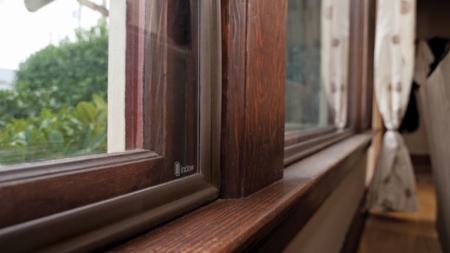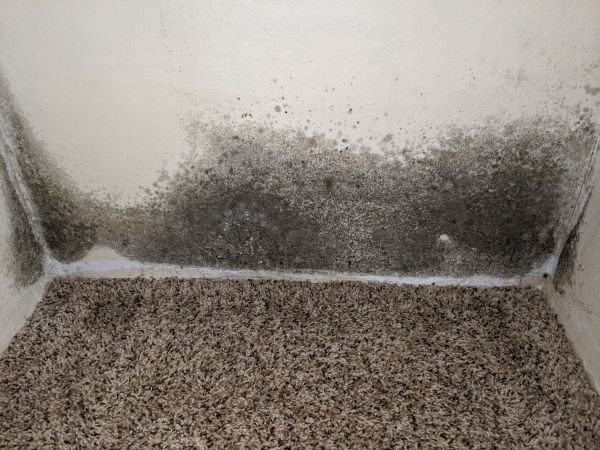
source: housingwire
The current housing market in Oregon, especially in Portland, has led to an increase in house flipping. A “flip” refers to a home that is bought, usually renovated, and then sold within one year for a profit. Individuals can flip houses within limits and strict guidelines, however if a business buys a property with the intent to resell it without occupying it as a primary residence, then a general contractor’s license or developer’s license is required.
A house flipper who is a licensed contractor brings in extra knowledge about renovations. This can make the process more efficient as well as helping to protect the buyer from faulty workmanship, such as corner cutting in favor of profit maximizing. A contractor in the business of flipping houses can be licensed as a developer if they are not performing any of the work themselves. Oregon law defines a contractor as a person who for compensation or with the intent to sell, arranges, undertakes, offers to undertake or submits a bid to construct, alter, repair, or improve any building or structure attached to real property.
A couple of examples of properties that were bought, renovated, and sold by Bronze Construction are a house in the St John’s area and 62nd Street in Tigard.

62nd St kitchen (before)

62nd St kitchen (after)

62nd St room (before)

62nd St room (after)

62nd St house (before)

62nd St house (after)
A few of the exemptions from the licensing requirement are listed below:
A person can work on their own home. [ORS 701.010 (1)]
A person who furnishes the materials, supplies or equipment and does not for compensation, install or arrange to have them installed. [ORS 701.010 (3)]
An owner can arrange for the work to be done by a licensed contractor. But this exemption does not apply to a person who, in the pursuit of an independent business, does the work themselves or arranges for the work with the intent of offering the structure for sale before, upon or after completion. It is considered prima facie evidence that it was the intent to offer the structure for sale if the owner does not occupy the structure after completion. [ORS 701.010 (6)]
A real estate licensee when performing work on the structure that the real estate licensee manages under contract. [ORS 701.010 (12)]
According to the Oregon Construction Contractors Board (CCB), if a licensed contractor assists an unlicensed contractor with renovations, the contractor with the license can also be fined. The buyer must have a direct contractual relationship with the licensed contractor in order to file a complaint for damages from faulty workmanship. If the property seller (flipper) is not licensed, they can be fined by the CCB, although a claim cannot be filed for damages. This also means that if a licensed contractor assists with renovations and doesn’t receive payment, the contractor cannot file a claim for damages.
To help spot an unlicensed business that is flipping properties, the CCB recommends looking at the name of the property owner. If it sounds like a business name, such as ABC Properties, then it is quite likely that this is a business entity that must be licensed. Buyers can ask the flipper if they are licensed and check with the CCB.
For more information about how to obtain a contractor’s license, visit the CCB website or contact the CCB at 503-378-4621 or email ccb.info@state.or.us. Our article about continuing education to maintain a license can be found here.




